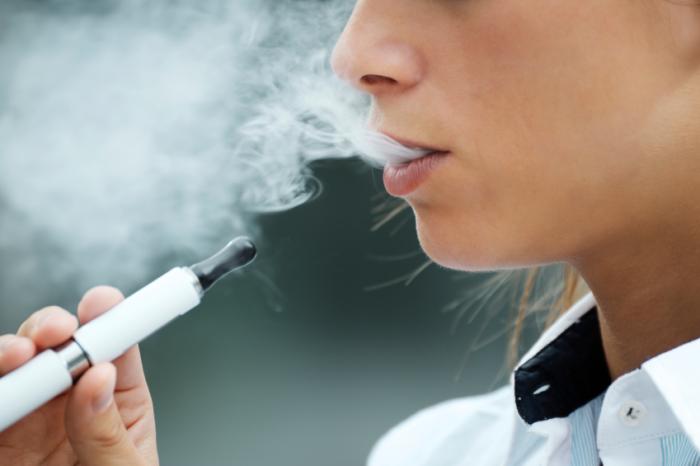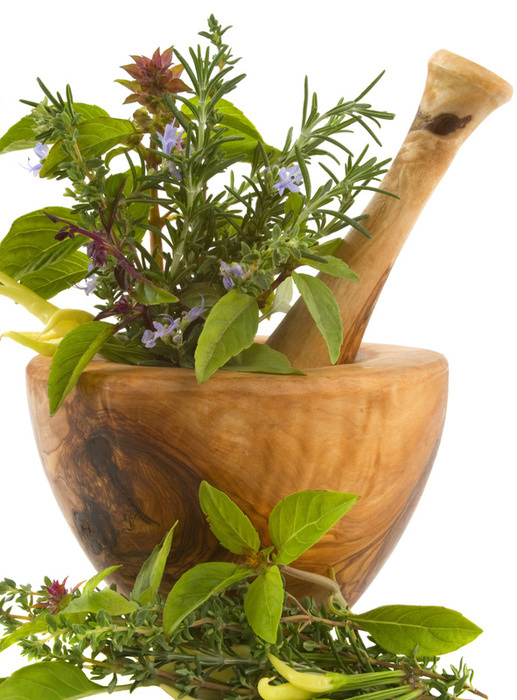
As evidence emerges that e-cigarettes are not as safe as advertisers claim, a new study shows that flavorings classed as “Generally Recognized as Safe” by the US Food and Drug Administration are best avoided in smoking. The findings are presented at the American Association for the Advancement of Science annual meeting in Washington, DC.
Cigarettes kill more than 480,000 people annually in the US. Since e-cigarettes appeared on the scene, many assume them to be a safer alternative, because smokers are not inhaling known carcinogens.
But as researchers analyze the contents of e-cigarettes, they are finding that some of them could be as risky as tobacco.
Ilona Jaspers, PhD, professor of pediatrics and director of the curriculum in toxicology at the University of North Carolina (UNC) School of Medicine has been researching new and emerging tobacco products, including e-cigarettes.
Having already found that cigarette smoking significantly impairs the immune responses of mucosal cells in the respiratory system, Jaspers’ lab is now looking at how e-cigarette chemicals affect immune responses in smokers’ airways.
E-cigarette flavorings not ‘recognized as safe’ for inhalation
While the Food and Drug Administration (FDA) may class e-cigarette flavorings “Generally Recognized as Safe,” Jaspers points out that this classification means they are safe for oral consumption.
But people do not consume e-cigarette flavorings orally, they inhale them. And the potential for toxic effects of inhalation have not been assessed, in most cases.
Researchers studied the effects on smokers of cinnamon-flavored e-liquids and cinnamaldehyde, the chemical that gives cinnamon flavor to an e-cigarette.
Results showed that the cinnamaldehyde e-liquids had a significant negative impact on epithelial cells that could set off a chain of cellular mechanisms potentially leading to impaired immune responses in the lung.
Jaspers elaborates: “The chemicals compromise the immune function of key respiratory immune cells, such as macrophages, natural killer cells and neutrophils.”
Source: medical news today


